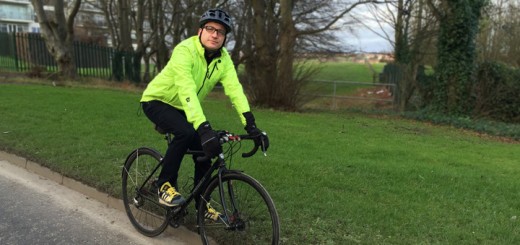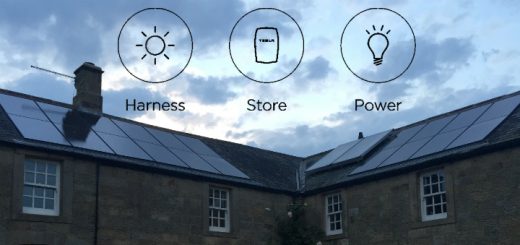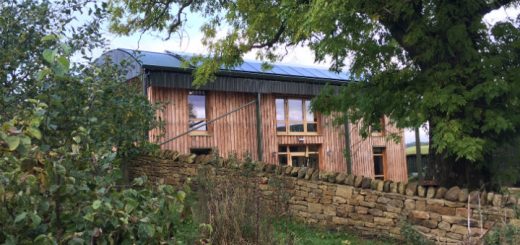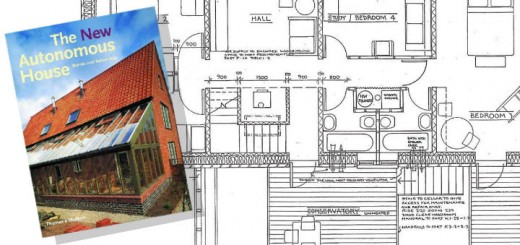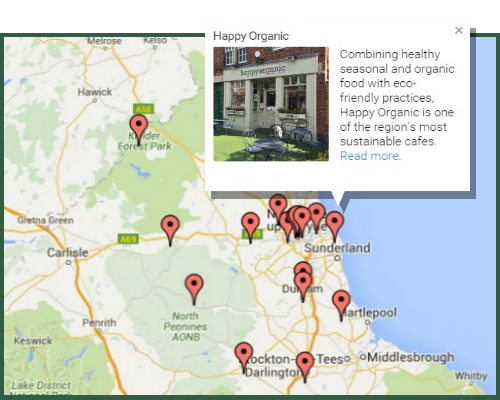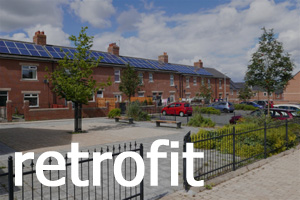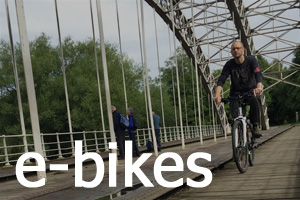Climate Conversation with Ryan Maughan
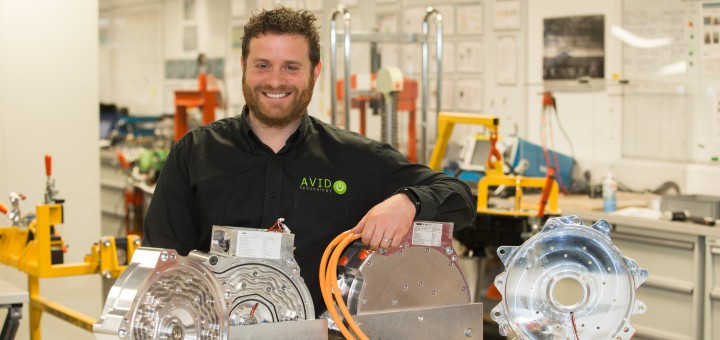
In conversation with engineer and entrepreneur Ryan Maughan, we discuss the automotive industry and his company’s role in the electric revolution.
In this series of Climate Conversations we interview inspiring people living in the North East and hear their thoughts on climate change and our progress towards a low carbon future.
I met Jennie Maughan at the conference on Rewilding and Climate Change earlier this year. We struck up a conversation and she was soon telling me about AVID Technology. AVID is a leader in the design and manufacture of electrified powertrain systems for heavy-duty and high-performance vehicles. I was keen to learn more and Jennie suggested I meet her husband Ryan, who is the founder and MD of the company.
A few weeks later I visited Ryan at AVID’s base in Cramlington. Touring the facility it’s clear just how much research and design AVID are involved with. Trucks and construction vehicles lie in various states of assembly on the factory floor, whilst high performance component prototypes are being tested in the labs. The company is relatively small, with about 110 employees, but it’s well known in the automotive industry.
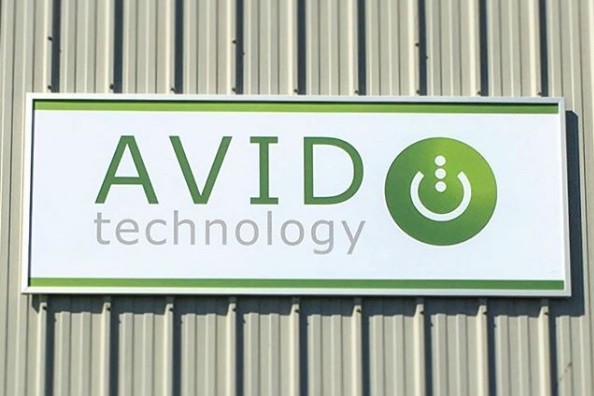
“It keeps me awake at night wondering what we’re leaving for our kids.”Back in Ryan’s office, we get talking about climate change. “It keeps me awake at night wondering what we’re leaving for our kids,” he says. Climate change is very much part of the AVID story. Back in 2004, Ryan’s first customer pitch focussed on global warming and air pollution, and the low-carbon benefits that electrification can bring. “Incredibly,” Ryan says, “the presentation ended up in a debate about whether climate change was real or not.” At that time, all his customers wanted was a quick return on their investment, and they weren’t prepared to spend money on saving the planet. Now, things couldn’t be more different.
[After Dieselgate] “Clients suddenly started talking about hybrid and electric vehicles.” Dieselgate in late 2015 was a tipping point for AVID. The market for their products changed overnight. “Clients suddenly started talking about hybrid and electric vehicles.” This was coupled with more stringent regulations for trucks and other heavy vehicles which had largely escaped emissions controls. The components that AVID makes are vital in meeting modern emissions standards. Their hybrid electric components take loads off the combustion engine giving up to 25% fuel efficiency. Ryan is excited about the way the industry is moving. “By the early 2020’s, every vehicle on our roads will be either electric or hybrid.”
“By the early 2020’s, every vehicle on our roads will be either electric or hybrid.” Looking around his office I notice that the walls and ceilings are peppered with foam panels. In his ‘spare’ time, Ryan produces the AVID Technology Podcast which covers vehicle electrification, autonomy, robotics, and renewable energy. “We have an unusual level of expertise for a small company in Cramlington, and we’ve been sharing our knowledge as best we can.” It’s a great listen, although because it’s not dumbed down for the layman, I found I needed to concentrate hard! The podcast is a great example of AVID demonstrating leadership in the industry.
We get talking about the car he drives. As you’d expect, Ryan has a plugin hybrid and Jennie drives an EV. It’s all part of trying to practice what they preach. They try to live a low-carbon lifestyle and are planning some retrofit work on their house. They’re also growing their own veg and are minimising single-use plastics. Ryan’s carbon footprint is distorted by his need to fly for work, with customers in the USA, although he’s offsetting the carbon. Still, it’s quite a change from his childhood growing up in Blyth. He recalls his grandmother’s house in the shadow of Blyth power station and how she’d be constantly cleaning away the coal dust. His aspiration for a clean electric future was obviously formed early on.
“Cities are now saying ‘NO’ combustion engines.”Is Ryan optimistic? “I definitely feel like good progress is being made, but not enough is being done right now.” Recent governments have been supportive of electriciation, and we have an excellent charging infrastructure in the North East. The air pollution crisis that Dieselgate highlighted is still a problem but it’s encouraging that, “Cities are now saying ‘NO’ combustion engines.” Whilst he is enthusiastic about the UK’s goal of reaching net zero carbon by 2050, for now, he sees too many people doing no more than the minimum needed to comply with current regulations.
“We need to be thinking regeneratively. We should be leaving the place better than we found it.”As we finish chatting, we get back to the rewilding conference where I’d met Jennie. Why was rewilding so interesting to them both? Ryan tells me that he used to aspire to owning fast cars but now he’s more interested in planting trees. His pipe dream is to buy an upland moor and to rewild it. “We need to be thinking regeneratively. We should be leaving the place better than we found it.” It’s a great aspiration and one that he’s helping to shape with AVID, whose vision is a future where the air is safe to breathe and transport is more sustainable.



